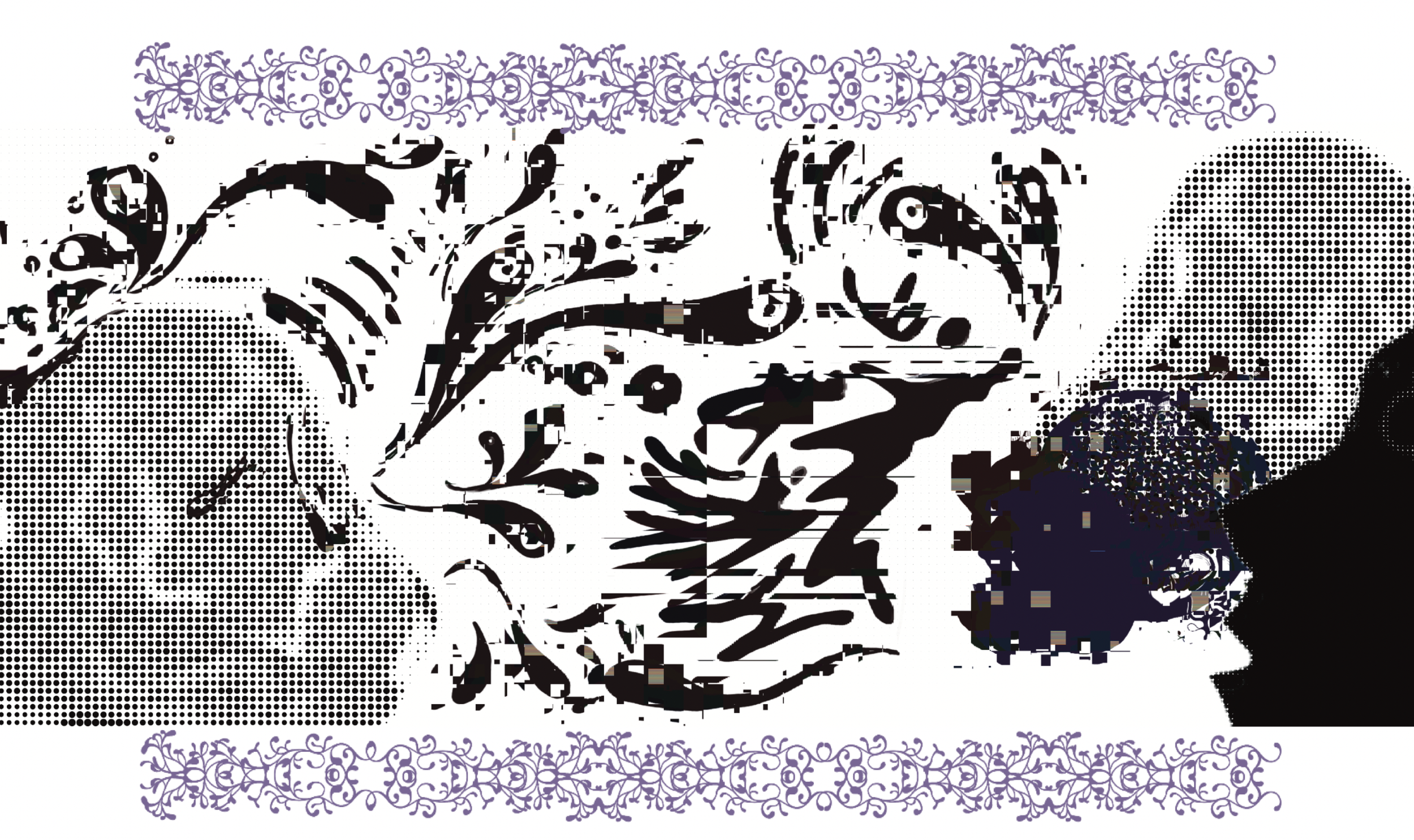Banner by Maya Burns
Coupling Up with Reality TV
by Janin Apreku
It seems ridiculous for an ordinary person to say, “I have watched 22 hours straight of Love Island in a two-day period, and you’re in for more,” but that quote is from Rue, played by Zendaya, in the hit show Euphoria. Personally, I can’t say that I have watched 22 hours straight of Love Island. However, I was there for the premiere of Love Island UK and stayed consistent until Love Island USA came out a week later. Love Island USA completely captured my heart. Watching the show, I felt like I was there every day. This reality dating competition features “Islanders” who under constant video surveillance attempt to find love, find favor with the audience and win a large sum of money. Each day of the summer, I experienced their ups and downs, from the social media booms to the (disappointing) reunion. It seems like every reality show, popular or niche, captured me in its jaws of chaos.
With the release of season six of Love Island USA, the series began to gain traction. Love Island is not a new reality show, and by no means is it a new concept in reality TV. It follows the formulaic structure of other romance reality shows such as Are You the One?, The Bachelor, The Bachelorette, and Temptation Island. This season of Love Island also does not stray far from the archetypal characters established in the 10 seasons of Love Island UK, or the hundreds of other reality shows. And yet— it’s still working. The series reached the number one spot as the most-watched streaming original series. The viewership of season six doubled from the season before it. Beyond the show's ratings, the contestants have reaped the benefits as well, growing their social media following and fanbase. So why the sudden surge in popularity?
Love Island demonstrates a link between common psychological phenomena and motivations of reality TV viewers. One phenomenon is the formation of parasocial relationships. Parasocial relationships are characterized as non-reciprocal relationships with online figures. These relationships are often referred to as one-and-half-sided relationships and are typically a result of emotional and cognitive connections with TV personalities. These relationships though they may seem to be one sided are reinforced by “fan-celebrity” interactions.
Erikson’s identity formation theory, attachment theory, and the Rhodes mentorship model are key theories that help to explain psychological phenomena associated with reality TV enjoyment. Erikson’s identity formation theory states that adolescents recognize themselves as an independent person and therefore require figures and safe places to experiment with their identities. Attachment styles are more personal to the individual; people have either secure or insecure attachment styles. Secure attachment styles increase the prevalence of real-life relationships, and decrease (not eliminate) the prevalence of parasocial relationships, while people with insecure attachment styles [are/do] the opposite. Rhode's mentorship model operates in conjunction with Erikson’s Identity Formation theory. This mentorship model theorizes that adolescents require people to look up to in order for them to grow and develop their personalities. According to these psychological theories, reality TV personalities serve as perfect examples [of people?] to form parasocial relationships with. In the age of social media, [adolescents / people in general?] have increasing accessibility allowing the ability to experiment with different identities and become mentors. These TV personalities also inadvertently increase insecure attachment styles as they participate in these one-and-a-half relationships. Adolescents were often shown putting themselves in the place of the celebrities they were viewing or desiring to be like them. Along with positive identification with the characters that the viewers love, some may enjoy the pitfalls of and misfortune of their favorites, known as schadenfreude. Schadenfreude also illuminates the perception viewers may have of the deservingness of their characters' misfortunes.
The second psychological phenomenon in reality TV viewership is the motivation of emotions. In studies practiced with adolescents, researchers Dr. Rinaldo Kühne and Dr. Suzanna Opree, observed that viewing reality TV was often found to be motivated by emotions of escapism and social affiliation. Impulsivity was another commonly seen driving factor for frequent reality TV viewers, emphasizing feelings of diversion, personal identity, and voyeurism. The most appealing factor of reality TV to adolescents was the main theme of the shows being driven by emotions. An empathetic point of view emotionally connects with the characters, and viewers using the cognitive point of view recognize themselves in the person.
Viewing shows that display a high moral awareness and understanding makes viewers more prone to putting these actions into practice. Reality TV viewers may also have high moral values and emphasize traits such as compassion, wisdom, dignity, courage, and strength. Studies by psychologists Tsay-Vogel and Krakowiak found that the connection between reality TV and selflessness is not linear. Reality TV evokes happy, sad, and fun feelings that can affect the degree of selflessness that is reflected outward. The feeling that exacerbated altruistic motives was the elevating feeling from reality TV. These altruistic feelings can help viewers in their relationship outside of reality TV with philanthropy.
Reality TV shows undoubtedly have their negatives; however, the many positives call for their continued creation and enjoyment. As more realms of the online world open, reality TV can increase necessary healthy parasocial relationships. This, however, does not discard the negative aspects of reality TV viewership. Reality TV is a market, and its producers aim to create the most captivating storylines, regardless of the true nature of the people that it depicts. However, instead of manufacturing storylines to get viewership, it may be more beneficial to let these human interactions happen organically.
Reality TV allows people to interact indirectly with people from different classes, races, and social circles. Viewing these relationships develops the ability for viewers to have compassion, selflessness, and morality towards all their relationships. While spending 22 hours on a Love Island marathon may not be advisable you can rest assured knowing that reality TV isn’t all that bad.
